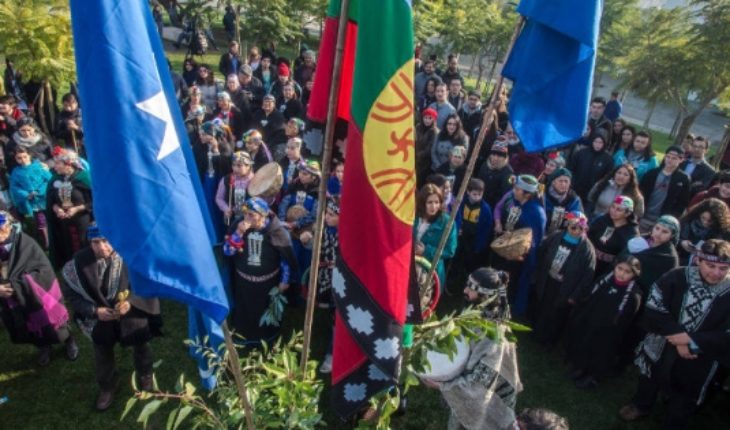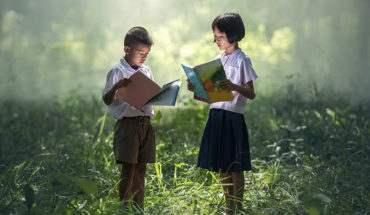Dialogue between opposition and officialism is re-enclosed after a system that ensures the representation of the original peoples in the Joint Convention or Constituent Convention.
While this dialogue has not been smooth since the start of talks to prepare a supplementary document to the “Agreement for Peace and a New Constitution” of 15 November, in recent days there has been progress in a number of issues between opposition and Ruling. One of these is gender quotas 50% 50% on the lists, plus the obligation for women to top the lists in each district. This would be accompanied by the “zebra system” which implies that in the lists the genders will be interspersed: woman, man, woman, man, which would improve women’s eligibility.
“We have agreements on several things, very little is yet to be pending, let’s see if it is possible to move forward on that. There will be no partial agreements here, i.e. let us move forward to see if it is possible to close an agreement between all, it is the will that we have. Let’s see if it’s possible, otherwise, we don’t have to dramatize either, but the initial agreement is respected and we’ll see if we can move forward. We have little time, between today and tomorrow we have to look at a couple of issues,” said Senator Jacqueline van Reeselberghe.
Liberal Party MP, Vlado Mirosevic
Despite the UDI president’s call not to dramatize, one of the most sensitive issues was discussed today and no progress was on the system to ensure the eligibility of the optorial peoples. To this point came the difference, that the dialogue was suspended and would have reached a stalemate, according to liberal party MP Vlado Mirosevic.
“Making a constituent process without guaranteeing the participation of indigenous peoples, through reserved seats, would be a historic mistake,” he said.
The point of conflict would be that the UDI does not want seats reserved for indigenous peoples. The opposition would have proposed 10% of reserved seats, and the counter proposal of the right would be 10% but in the registration of lists, not reserved seats. This, according to the opposition, does not guarantee any eligibility of indigenous peoples.
“A sector of the right, not all, but a major group on the right has an ideological problem with bringing diversity to Chilean democracy. So they don’t want quotas for the original peoples because they don’t feel they have to level the court in favor of a sector that has been quite marginalized from society. That’s an ideological dogma that traps udI,” Mirosevic sure. “Chile’s history has never been a friend of incorporating native peoples into the constituent processes. In fact, it has historically incorporated no one but an elite, except the original peoples. This is the first opportunity in our history that we can do this. To recognize a space through guaranteed seats would be to tell them that they are also part of the social pact that we are all going to give birth to together.”
translated from Spanish: Dialogue is enmeshed by complementing the new Constitution following opposition from the UDI to guaranteeing quotas for indigenous peoples
November 26, 2019 |





